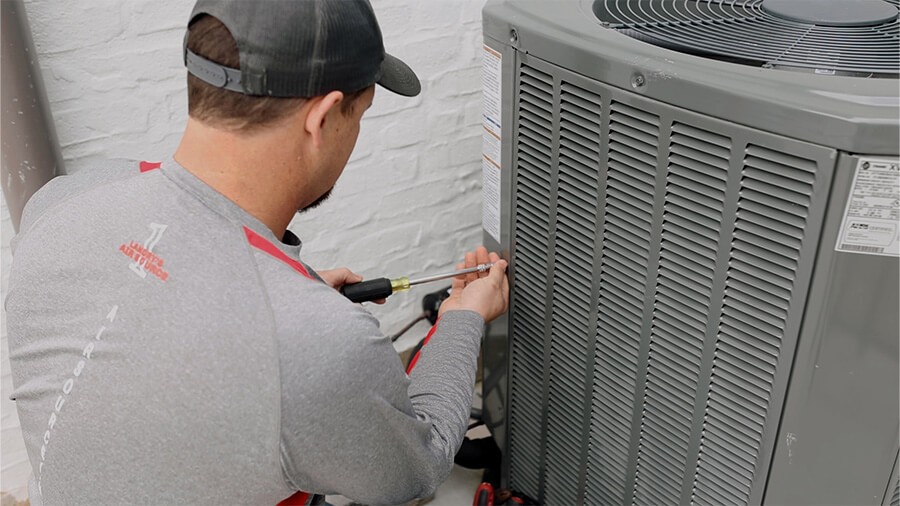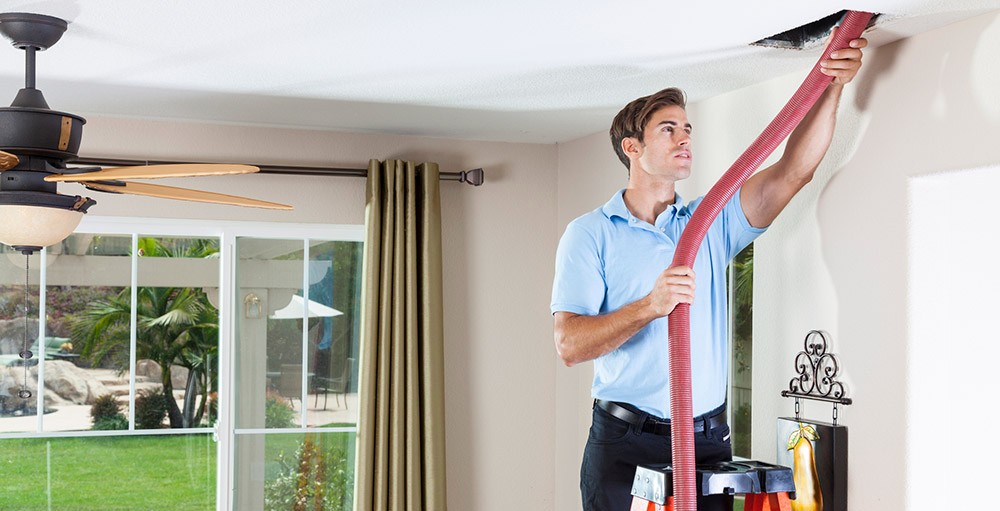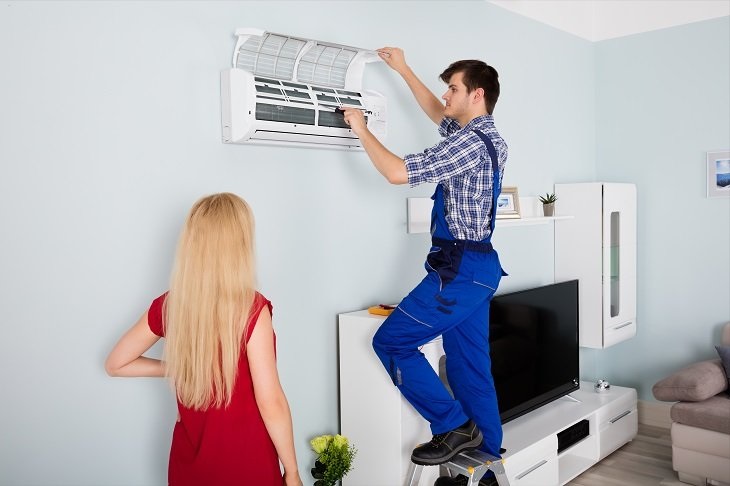Winter is in full swing, which means many of us are spending more time indoors to stay warm. However, staying cooped up inside can also mean breathing in stagnant air filled with dust, allergens, and other pollutants. Poor indoor air quality can lead to a range of health issues, including headaches, respiratory problems, and allergies. Fortunately, there are several ways you can improve the air quality in your home during the winter months. In this article, we will discuss some helpful tips for maintaining a healthy and clean indoor environment during winter heating.
1. Maintain Your HVAC System
A well-maintained heating and air system is crucial for keeping the indoor air clean and breathable. So, it is best to hire a professional for heating and air in Atlanta who can inspect and clean your HVAC system. This will confirm that your furnace is functioning properly, without any dust or debris buildup that can affect air quality.
2. Control Humidity Levels
Humidity plays a vital role in air quality during the cold months. Too much humidity can cause mold and mildew growth, while too little may exacerbate dry skin and respiratory problems. Investing in a high-quality humidifier or dehumidifier can help maintain the ideal humidity levels (between 40-60{b15b0534b7b91d1d6297b8c0c8e9c93e84510e02db89a64909d98e1f020287d2}) inside your home.
3. Improve Ventilation
Proper ventilation is necessary for reducing indoor air pollutants and ensuring adequate comfort. Open windows and use exhaust fans to expel indoor pollutants, stale air, and excess moisture from your space. Additionally, using smart ventilation systems equipped with energy recovery and HEPA filters ensures a controlled and efficient exchange of air within your home.
4. Invest in Air Purifiers
Air purifiers have become popular for their ability to remove various allergens and air pollutants from indoor environments. Consider investing in a high-quality air purifier equipped with HEPA and activated carbon filters to eliminate pollutants such as pollen, pet dander, and smoke.
5. Introduce Houseplants
Houseplants not only brighten up your space but also help improve indoor air quality. Some common air-purifying plants, including spider plants, snake plants, and dracaena, naturally absorb harmful toxins and chemicals while releasing oxygen into the air.
6. Avoid Chemical Pollutants
Many household items, like cleaning products and air fresheners, contain chemicals that contribute to poor indoor air quality. Opt for natural cleaning solutions and essential oils to minimize the introduction of chemical irritants into your home. Also, avoid smoking indoors and reduce the usage of candles and wood-burning fireplaces, as they contribute to indoor pollution.
In conclusion, by considering these tips and staying vigilant with your home’s heating and air system, you can enhance your indoor air quality and maintain a healthy living environment all season long. With proper maintenance and a few simple adjustments, you can enjoy warm and clean air inside your home during the colder months. Stay cozy and breathe easy this winter!












